The Battle of Peleliu
September - November 1944
By James G. Fausone
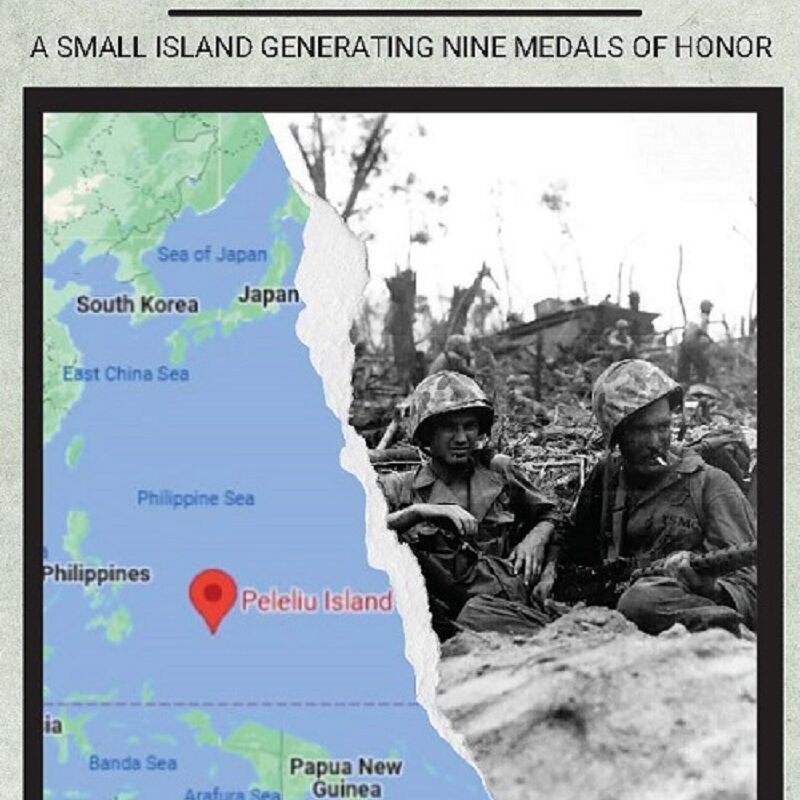
The Battle of Peleliu was a major military engagement fought between the United States and the Empire of Japan during World War II. It took place from September 15 to November 27, 1944, on the small island of Peleliu in the western Pacific Ocean. The battle was part of the larger Allied strategy to capture the Palau Islands and provide air bases for future operations.
Peleliu was strategically important for both sides. The Japanese saw it as a key defensive position and believed that by inflicting heavy casualties on the invading forces, they could deter the Allies from further offensives. The Americans, on the other hand, aimed to secure the island to support future operations in the Philippines and other nearby areas.
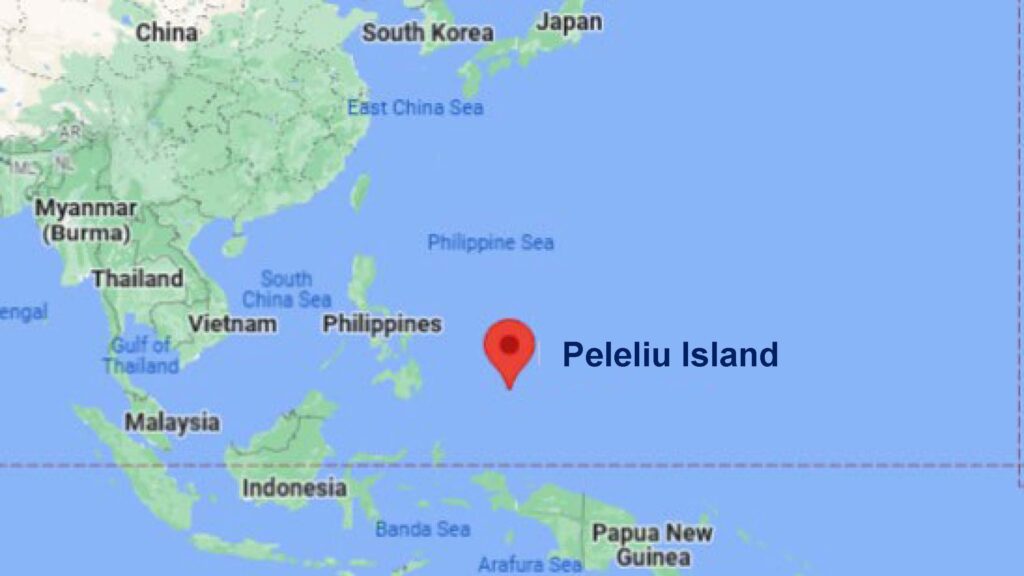
The battle began with a massive naval and aerial bombardment of the island, followed by the landing of U.S. Marines on September 15. The initial assault encountered little resistance, and the Americans quickly established a beachhead. However, as they moved inland, they faced intense Japanese resistance from well-fortified positions in caves, bunkers, and pillboxes.
The rugged terrain and the intricate network of coral reefs and caves made the progress slow and difficult for the Marines. The Japanese defenders, under the command of Colonel Kunio Nakagawa, fought fiercely and used their defensive positions to inflict heavy casualties on the advancing Americans. The battle turned into a protracted and grueling fight as the Marines engaged in intense close-quarter combat.
The Marines faced numerous challenges on Peleliu, including high temperatures, scarce water sources, constant shelling, and relentless Japanese defense. The battle took a heavy toll on both sides. The U.S. forces suffered approximately 1,800 killed and over 8,000 wounded, while the Japanese lost about 10,000 soldiers, with only a few dozen taken as prisoners.
Despite the challenges, the Americans gradually made progress on the island. They employed various tactics, including flamethrowers, grenades, and tanks, to neutralize Japanese defenses. By late September, the Marines had secured the southern part of Peleliu, and by early October, they had taken control of most of the island.
However, it was not until late November, after several weeks of fierce fighting, that the remaining Japanese resistance was eliminated. The battle officially ended on November 27, 1944, with the island declared secure. The victory came at a high cost for the U.S., with Peleliu being one of the bloodiest battles in the Pacific Theater of World War II.
The Battle of Peleliu is often remembered for the tenacity of the Japanese defenders and the brutal conditions faced by the Marines. It highlighted the challenges of island warfare and influences subsequent American operations in the Pacific and the costs to invade the Japanese islands. The battle also raised questions about the strategic value of capturing heavily fortified islands like Peleliu, as the cost of lives and resources was significant compared to the anticipated gains. It also likely influenced war planners when considering the cost of invading the Japanese main islands. The Battle of Peleliu impacted the decision to drop atomic bombs to end the war.
The tenacious battle saw many acts of heroism, ultimately resulting in nine Medal of Honor awards being presented:
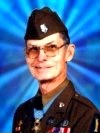
Private First Class Desmond T. Doss: Desmond T. Doss was a conscientious objector who served as a medic with the 307th Infantry Regiment, 77th Infantry Division. Despite facing ridicule and opposition for his refusal to carry a weapon due to his religious beliefs, Doss displayed extraordinary bravery and dedication to saving lives during the battle. On multiple occasions, he risked his own life under heavy enemy fire to treat and evacuate wounded soldiers. His selfless actions and unwavering courage in the face of danger earned him the Medal of Honor.
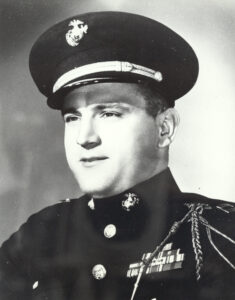
First Lieutenant Carlton R. Rouh (Posthumous): Carlton R. Rouh, an officer with the 1st Marine Division, was awarded the Medal of Honor posthumously for his actions on Peleliu. On September 15, 1944, during the initial landing, Lieutenant Rouh led his platoon in an assault on an enemy position. Despite being severely wounded by enemy fire, he continued to lead his men and directed accurate fire against the Japanese defenses. He succumbed to his injuries later that day, but his exceptional leadership and bravery in the face of grave danger were recognized with the Medal of Honor.
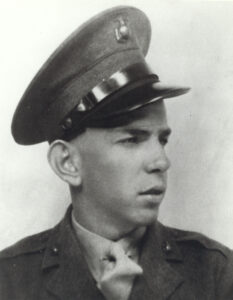
Private First Class John D. New: Private First Class John D. New, serving with the 1st Marine Division, was awarded the Medal of Honor for his actions on September 19, 1944. During a Japanese counterattack, New's position came under heavy fire. Although wounded, he fearlessly manned his machine gun and delivered devastating fire on the advancing enemy, inflicting heavy casualties. Despite being wounded a second time, he refused to leave his post until the counterattack was repelled. His extraordinary valor and resolute determination in the face of overwhelming odds led to his receipt of the Medal of Honor.
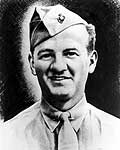
Captain Everett P. Pope - 1st Battalion, 1st Marines: Captain Pope was awarded the Medal of Honor for exceptional leadership and valor during the Battle of Peleliu. On September 19, 1944, his company came under heavy enemy fire from Japanese positions. Despite being wounded, Pope fearlessly led his men in a counterattack, personally eliminating multiple enemy positions and inspiring his troops to press forward. His courageous actions and indomitable leadership contributed significantly to the success of his unit.
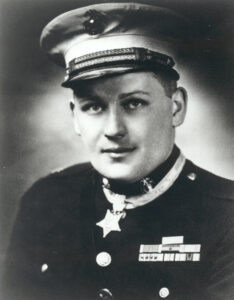
Corporal Lewis K. Bausell - 1st Battalion, 5th Marines (Posthumous): Corporal Lewis K. Bausell demonstrated remarkable bravery and devotion to duty during the Battle of Peleliu. On September 15, 1944, his company came under intense enemy fire. Bausell, a demolitions specialist, single-handedly attacked multiple Japanese pillboxes, neutralizing them and enabling his unit to advance. He sacrificed his own life to save his comrades, making a significant impact on the success of the mission.
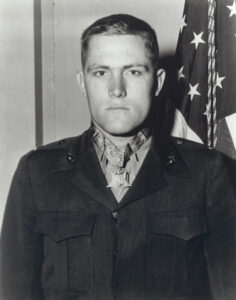
Private First Class Arthur J. Jackson - 3rd Battalion, 7th Marines: Private First Class Arthur J. Jackson exhibited extraordinary heroism during the Battle of Peleliu. On September 18, 1944, while his platoon was pinned down by enemy fire, Jackson volunteered to carry a flamethrower and attacked multiple enemy positions, destroying them and allowing his unit to advance. Despite suffering severe burns, he refused evacuation and continued to support his comrades until the objective was secured. His selfless actions and valorous conduct earned him the Medal of Honor.
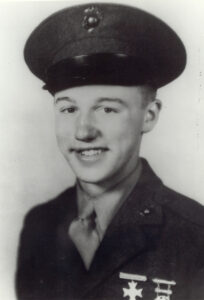
Private First Class Richard E. Kraus - 8th Amphibian Tractor Battalion, 1st Marine Division (Reinforced) (Posthumous): Private First Class Richard E. Kraus displayed exceptional courage and self-sacrifice during the battle. On September 16, 1944, his amphibian tractor was hit by enemy fire and burst into flames. Despite being seriously wounded, Kraus remained in the burning vehicle, using its machine gun to suppress enemy fire and protect his fellow Marines. His brave actions saved many lives but cost him his own, leading to his posthumous Medal of Honor.
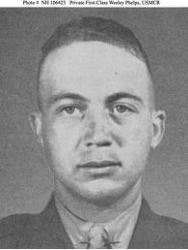
Private First Class Wesley Phelps - 3rd Battalion, 7th Marines (Posthumous): Private First Class Phelps exhibited remarkable bravery and selflessness during the battle. On September 17, 1944, his platoon was subjected to heavy enemy fire, causing numerous casualties. Phelps, without regard for his own safety, repeatedly exposed himself to intense fire to render aid and evacuate wounded comrades. He made the ultimate sacrifice while saving the lives of his fellow Marines, leading to his posthumous Medal of Honor.
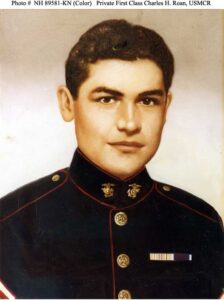
Private First Class Charles H. Roan - 2nd Battalion, 7th Marines (Posthumous): Private First Class Charles Roan displayed exceptional courage and heroism during the battle. On September 18, 1944, his platoon was attacked by a numerically superior enemy force. Despite being wounded, Roan remained in an exposed position, delivering accurate fire on the enemy and repelling their assault. He fought valiantly until he was mortally wounded, sacrificing his life in defense of his comrades, for which he was awarded the Medal of Honor posthumously.
These individuals, along with many other brave soldiers who fought at Peleliu Island, demonstrated exceptional courage, selflessness, and dedication to their comrades. These nine soldiers earned the highest military honor in the United States, the Medal of Honor.
About the Author
Jim Fausone is a partner with Legal Help For Veterans, PLLC, with over twenty years of experience helping veterans apply for service-connected disability benefits and starting their claims, appealing VA decisions, and filing claims for an increased disability rating so veterans can receive a higher level of benefits.
If you were denied service connection or benefits for any service-connected disease, our firm can help. We can also put you and your family in touch with other critical resources to ensure you receive the treatment you deserve.
Give us a call at (800) 693-4800 or visit us online at www.LegalHelpForVeterans.com.
This electronic book is available for free download and printing from www.homeofheroes.com. You may print and distribute in quantity for all non-profit, and educational purposes.
Copyright © 2018 by Legal Help for Veterans, PLLC
ALL RIGHTS RESERVED



